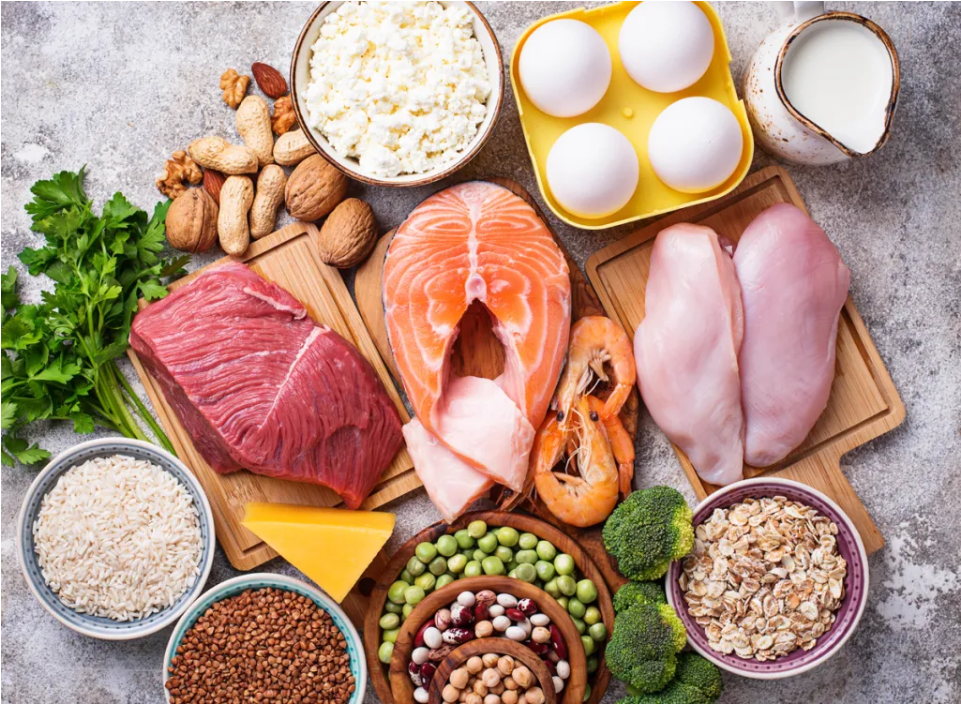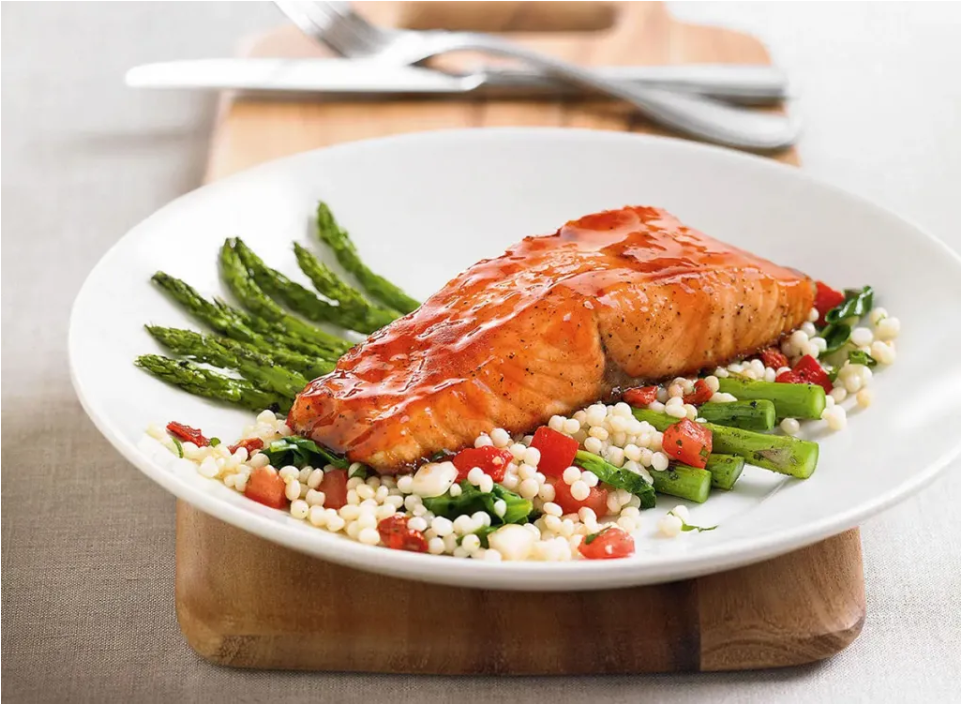As we age, especially after age 50, our metabolism slows down, muscle loss intensifies, and abdominal fat accumulation becomes an invisible killer of health. Belly fat not only affects appearance, but also hides dangerous visceral fat, which clings to important organs and increases the risk of many chronic diseases such as heart disease, diabetes, and certain cancers. Nutrition expert and MD Frank Dumont pointed out that increasing protein intake is a key strategy to fight belly fat and maintain metabolic health.

Why is protein so important for people over 50?
Protein is the basis for building body tissues and enzymes. As we age, the body’s demand for protein increases to maintain muscle mass and repair tissues. Muscle loss begins to accelerate after age 35, and is particularly obvious after age 50. If protein intake is insufficient, muscle loss will reduce basal metabolic rate, increase the risk of injury, and worsen metabolic health.
Dr. Frank Dumont emphasized: “Protein not only supports muscle maintenance, but also participates in the synthesis of hormones and enzymes, which is essential for preventing diabetes, heart disease and even Alzheimer’s disease.”

The harm of visceral fat and the role of protein
Visceral fat is fat hidden deep in the abdomen. It cannot be touched by hand, but it can release pro-inflammatory factors, leading to insulin resistance and metabolic disorders. Insulin resistance causes the pancreas to secrete more insulin, promoting fat accumulation in the visceral area, forming a vicious cycle.
Increasing protein intake can replace the calorie intake of high-sugar and high-refined carbohydrates, reduce insulin peaks, and prompt the body to prioritize burning fat rather than storing fat, thereby effectively reducing visceral fat accumulation.

Protein intake recommendation
According to the recommendations of Stanford Lifestyle Medicine, adults aged 50 and above should consume 1.2 to 1.6 grams of protein per kilogram of body weight (about 0.54 to 0.72 grams per pound) per day. Taking a weight of 165 pounds (about 75 kilograms) as an example, it is recommended to consume 90 to 120 grams of protein per day.
How to increase protein intake scientifically?
- Prefer natural whole foods
Choose foods that are not highly processed, such as lean meat, fish, eggs, beans, nuts and dairy products, and avoid processed foods containing a lot of sugar and refined carbohydrates. - Balanced distribution of protein intake
Intake of about 30 to 40 grams of protein per meal helps activate muscle protein synthesis and resist age-related muscle loss. - Combined with strength training
Combining protein intake with resistance training can maximize muscle maintenance and growth and increase metabolic rate.

Research support
Multiple clinical studies have shown that a high-protein diet combined with moderate exercise can significantly reduce abdominal fat and total fat mass while protecting lean body mass. Compared with a low-protein diet, a high-protein diet is more helpful in improving insulin sensitivity and reducing the risk of cardiovascular disease.

After the age of 50, protein intake is no longer an optional nutrient element, but the cornerstone of health management. As writer Hemingway said, “True strength comes from a solid foundation.” By scientifically increasing protein intake and exercising properly, you can effectively fight belly fat and protect your health and longevity.






